Indigenous groups within Brazil’s two-thirds of the Amazon rainforest are facing international human rights violations, habitat loss, & by extension, genocide. For the last inhabitants of the Amazon, losing their rights to occupy land means losing the guardians of half the planet’s remaining rainforests.
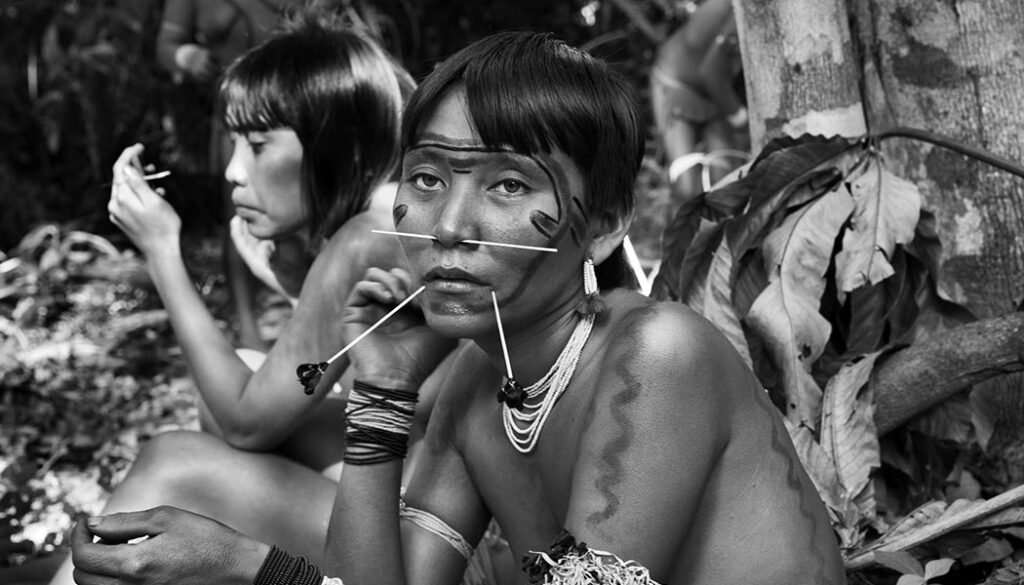
Brazil’s former president Jair Bolsonaro proposed a bill known as PL 490/2007, excluding Natives that were not physically present on tribal lands on October 5th, 1988 (the Constitution of Brazil’s date of ratification) from ownership over their ancestral territories. His argument relies on the colonialist ideology that Native people aren’t making the most of their land by living sustainably and refusing industrialization, categorizing the Amazon rainforest as “undeveloped.”
It is this Eurocentric justification that has caused mass deforestation & the forced removal/genocide of Indigenous people across the Americas.
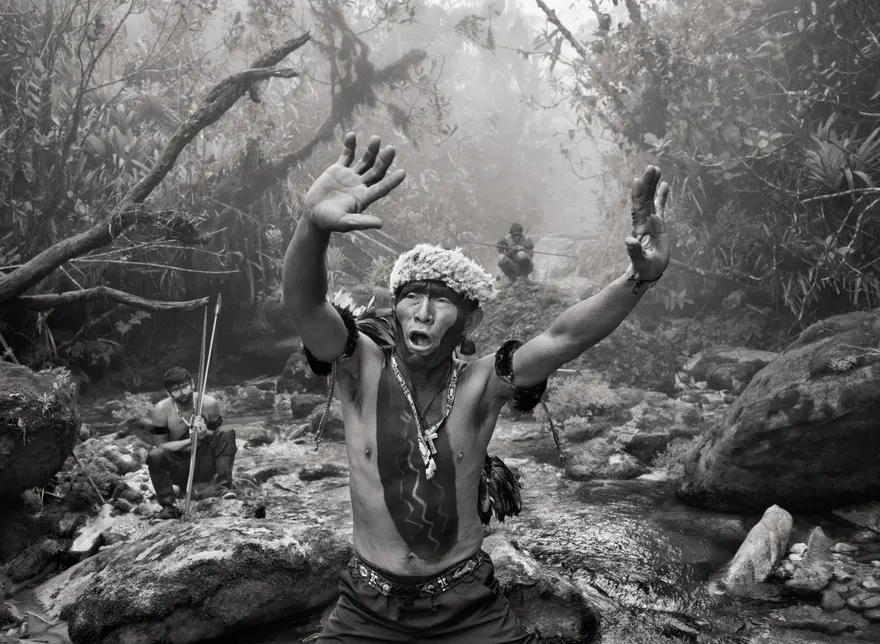
Before 1988, many tribes were expelled from their homes under the military dictatorship that ruled Brazil prior. Many hadn’t returned until years later and though others were present, many locations were left unaccounted for in the Brazilian census.
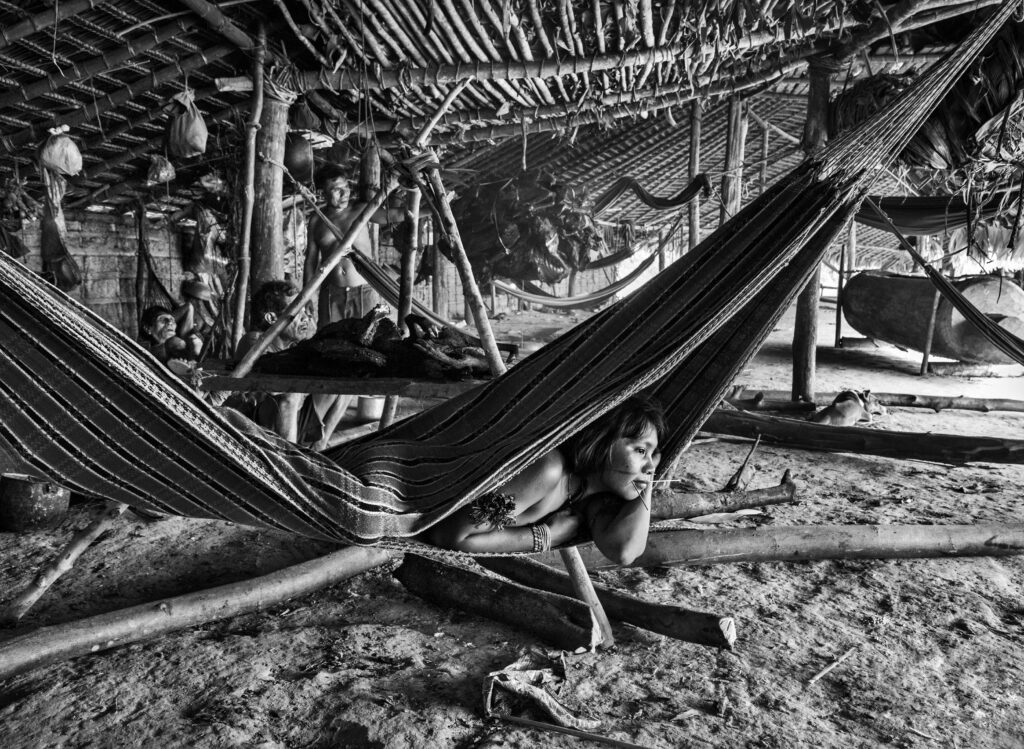
This bill primarily affects the 296 unrecognized ancestral lands that Indigenous people have laid claim to, in junction with the rest of the Amazon rainforest. However, those on the 434 officially recognized reservations would still be affected, as ecosystems are not defined by borders.
Moreover, the Amazon is home to an estimated 100, primarily nomadic, uncontacted tribes. Under this bill, tribes contacted after 1988 would be unprotected from deforestation and construction on the land that sustains them.
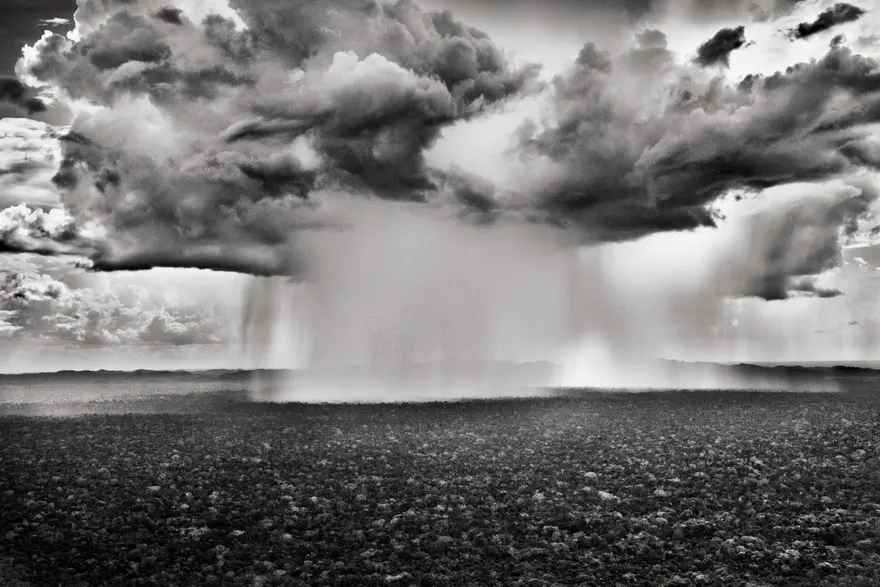
Some facts about The Amazon Rainforest:
- On average, a ‘new’ species of plant or animal is discovered in the Amazon every 3 days.
- Around 76 billion tons of carbon is stored in the rainforest, absorbing about 1/4th of all the CO2 absorbed by land on Earth.
- Amazon plantlife releases ~20 billion tons of water into the atmosphere per day, making the Amazon the largest contributor to climate stability on the planet.
- Scientists estimate that if current deforestation rates continue, within 10 years the Amazon could begin irreversible transformation into a dry savannah.
Stills from Sebastião Salgado’s Amazônia (2021) are featured throughout this article. He traveled the Brazilian rainforest for six years capturing the environment and its inhabitants, dedicating the book through Instituto Terra to the preservation of Amazonian peoples.
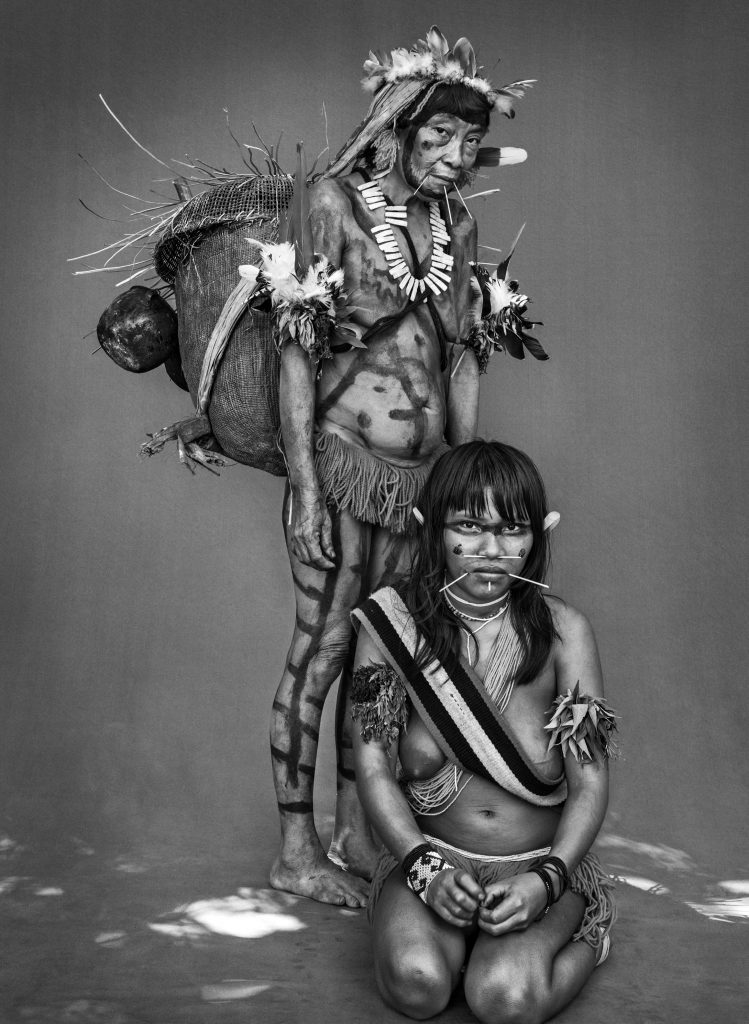
Once I was working and a kid started to jump in front of me. I asked my translator, ‘Please talk to the boy – he’s destroying my pictures.’ And she came back very disturbed. She said, ‘Sebastião, it’s impossible, because they don’t know how to say no. If a kid of five wants to climb a tree 20 metres high, he can. The mother won’t tell him not to, because they don’t know oppression.
Sebastião Salgado for The Guardian, June 2021.
Yesterday (May 30th, 2023) the Federal Congress of Brazil fast-tracked Bill 490/2007. The Federal Supreme Court is set to review its constitutional legality on June 7th, creating an urgent timeline.
Indigenous leaders are currently blocking major highways in protest. Unifying under signs that read ‘We existed before 1988,’ many yield bows & arrows to clash with security forces. Conflicts with police have been escalating as water cannons & tear gas are being used to disperse crowds.
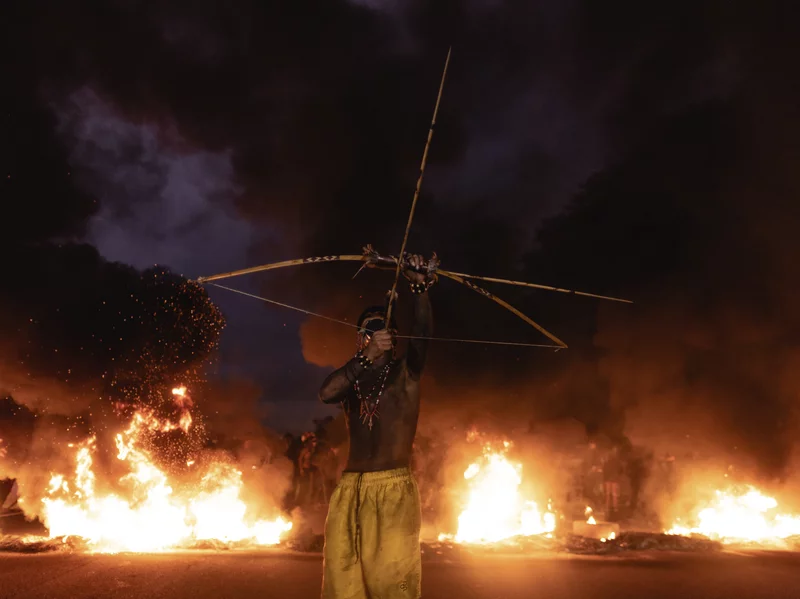
Why it Matters: The removal of land from the humans who have been guardians of the Amazon creates unprecedented human rights violations and threatens the very existence of the biodiverse ecosystem that is necessary to maintain a habitable planet for us all. The law essentially is a declaration of war against nature and humanity, threatening the lives of hundreds of thousands of Indigenous peoples.
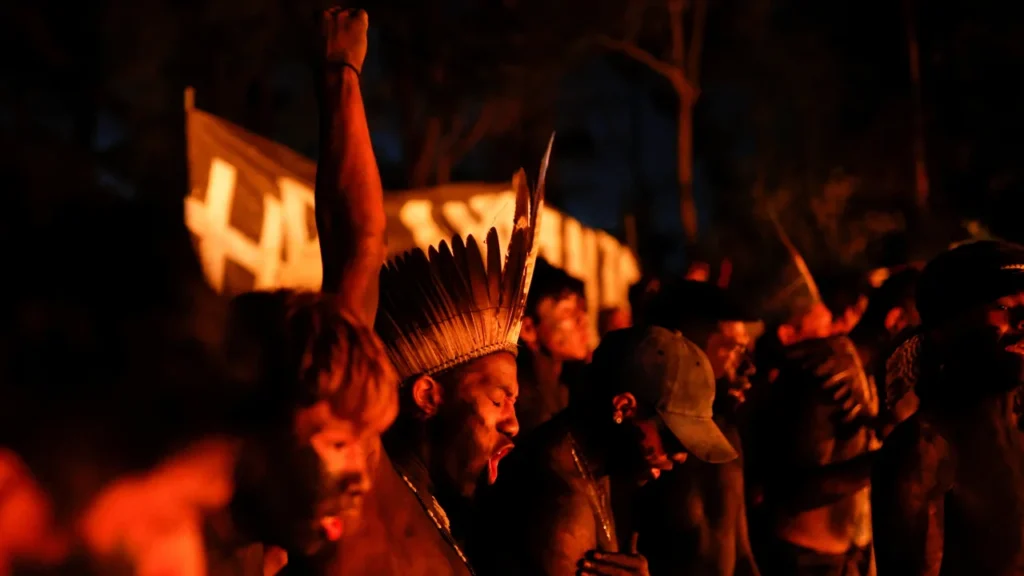
What you can do:
- Apply pressure on social media by sharing this article and/or your thoughts with these hashtags: #IndigenousRights #MarcoTemporalNão #PL490Não
- Sign and share the change.org petition, as well as the petition on Avaaz (only takes about 20 seconds each to complete).
- Donate to the nonprofit Amazon Watch’s Amazon Defenders fund to protect the rainforest and advance the rights of Indigenous peoples in the Amazon Basin. (There are many other charitable organizations you can donate to, though many often partner with each other to share resources. This is not always the case though! Do your research!)
Every share & signature counts!
International pressure has proven to help sway votes.
Thank you for being a part of this active global community.
Your voice matters!
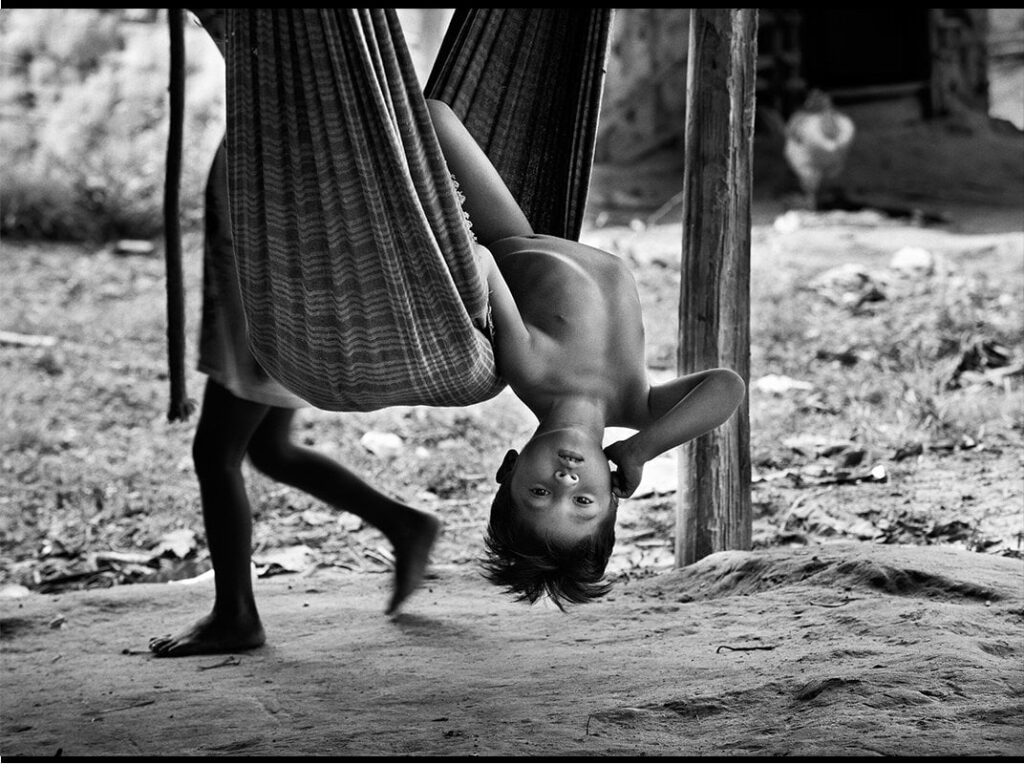
“Paradise exists… Amazônia is paradise on earth.”
Sebastião Salgado.
